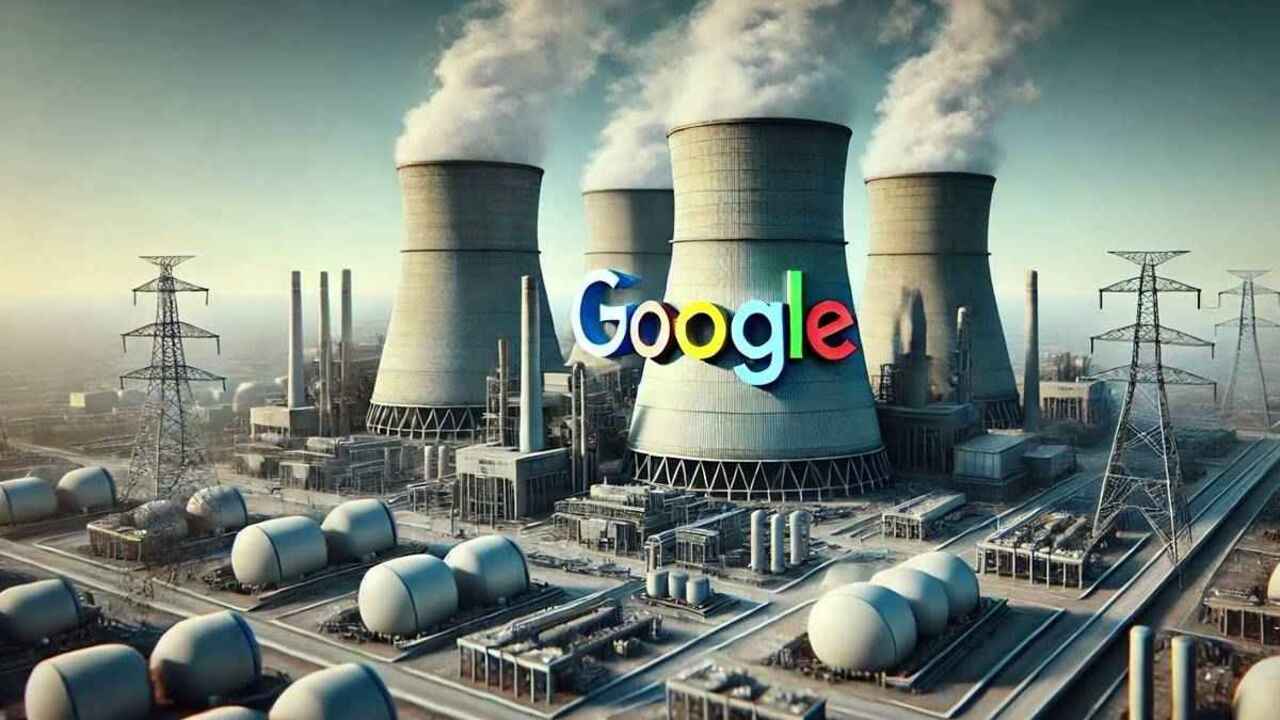Google Cloud and Westinghouse have signed a remarkable collaboration in the nuclear energy field. The two companies have developed a technology platform that uses artificial intelligence to accelerate the design and construction of modular nuclear reactors. This system not only enables faster field deployment of new reactors but also enables more efficient operation of existing nuclear power plants.
AI-powered nuclear reactors are coming
Westinghouse’s AI solutions, HiVE and bertha, integrate with Google Cloud’s Vertex AI, Gemini, and BigQuery infrastructures. This combination autonomously creates and optimizes work packages used in advanced modular reactor projects. Throughout the process, large data sets are analyzed, engineering tasks are automated, and generative AI tools are actively involved.

The collaboration was first tested on Westinghouse’s licensed and fieldable AP1000 modular reactors. This test demonstrated that AI generated the technical work packages required for reactor construction and improved efficiency. The trial was conducted on Westinghouse’s digital design platform, called WNEXUS.
It’s stated that this developed infrastructure will not be limited to the AP1000. Westinghouse’s next-generation small modular reactor, the AP300, and the portable eVinci microreactor will also be integrated with this system. This AI-powered process saves time and resources in both design and field implementation, while reducing project costs and complexity.
Nuclear energy investments, which have been limited for years in the US, are expected to revive with the increasing energy needs of data centers and the widespread adoption of electrification. These AI systems, along with next-generation reactor technologies, are expected to accelerate production capacity and infrastructure development in the sector.













